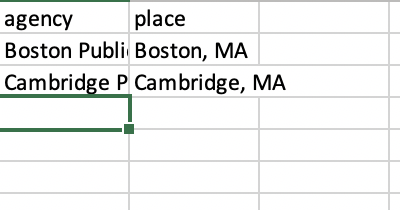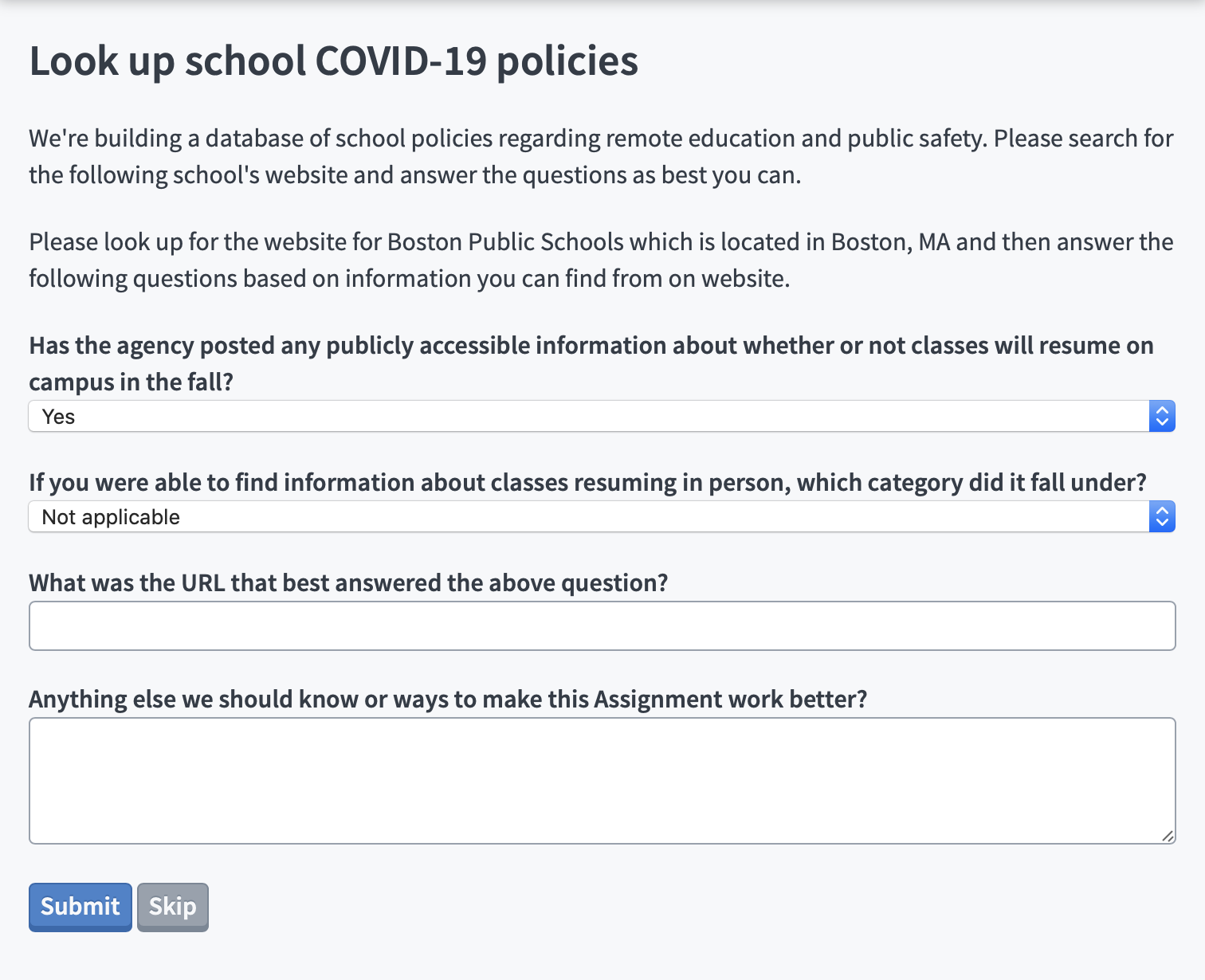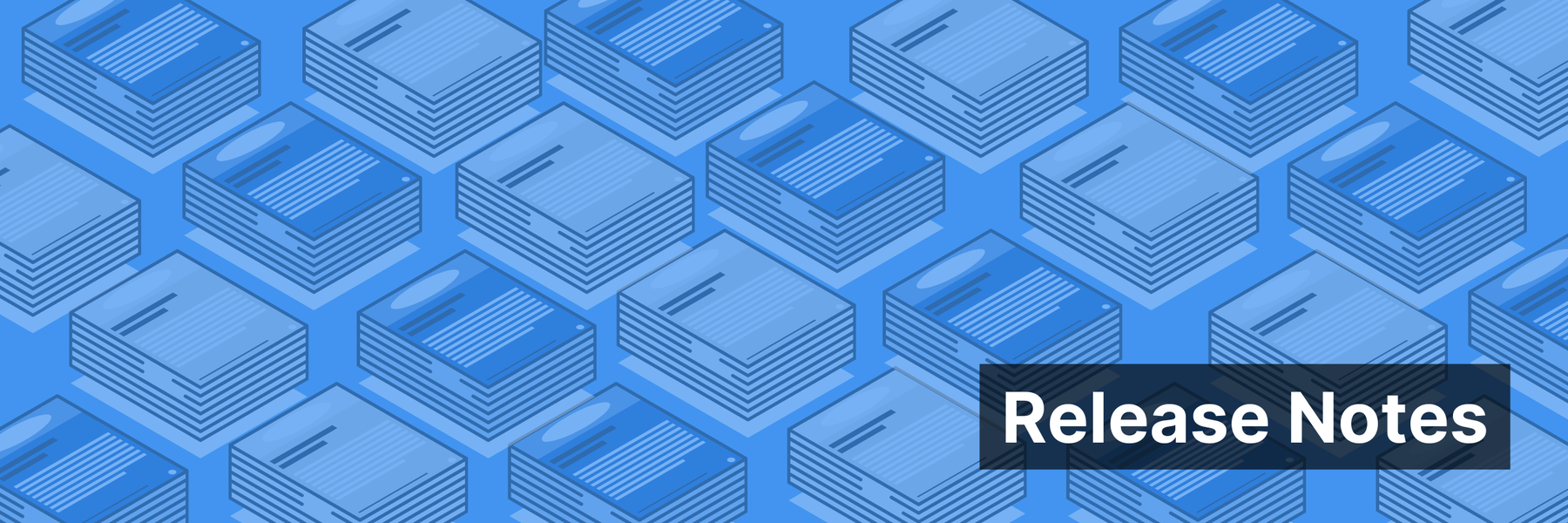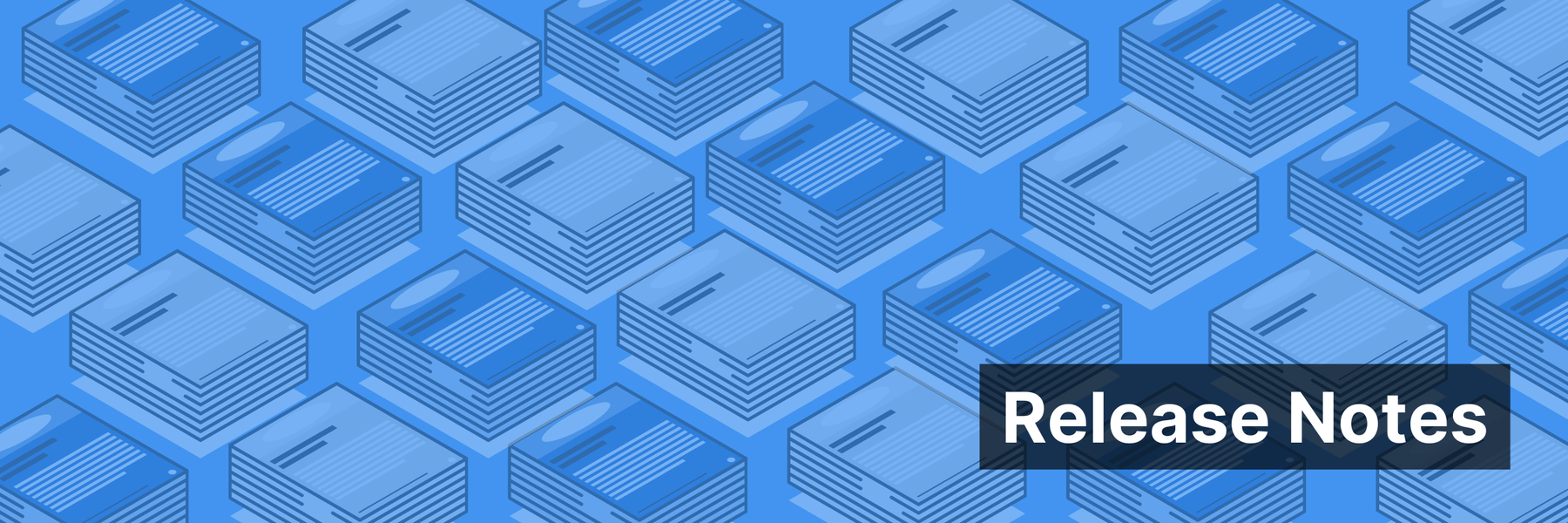We’ve loved seeing the creative ways users have used our Assignments crowdsourcing tools, from digging through documents to building petitions. Now, to help newsrooms quickly gather answers to big questions, we’ve created an experimental spinoff of Assignments designed to help organize volunteers, no matter where it may live, in efforts to gather and label large amounts of data.
For previous site improvements, check out all of MuckRock’s release notes, and if you’d like updates emailed to you — along with ways to help contribute to the site’s development yourself — subscribe to our developer newsletter here.
A new way to answer big questions requiring quick answers
Over 3,000 volunteers — not including anonymous contributors — have contributed to Assignments, helping dig into everything from policing transparency to Donald Rumsfeld’s not-quite-emails to family separations along the border.
But while Assignments works well in divvying up large documents, there’s lots of other questions we and other journalists could use help to answer. For example, how could we organized volunteers to check through every county’s policies when it comes to returning back to school in the fall?
So, thanks to the support of the Aspen Institute and the John S. Knight Journalism Fellowship, we’ve launched an experimental fork of Assignments that lets you upload a spreadsheet of data entries that are used to populate questions, and then get volunteers to submit answers.
To follow up on our school example above, first we create a CSV with the data we want to base the questions on:

Make sure that the CSV does not include a column named “URL” or else it will be try embed that field as an IFRAME.
Then, create the Assignment and use the fields you’ve defined with template tags:
{ sample_tag }
The Assignment tool then creates a task for every entry in the CSV, and presents the tasks randomly to volunteers who are interested in helping your project:

Currently the system is very finicky so it’s by invitation only, but if you’ve got some problems that this might be helpful with, please get in touch with any details, and we’ll be rolling out examples — and ways to contribute to COVID-19 projects — soon.
Image via Wikimedia Commons




